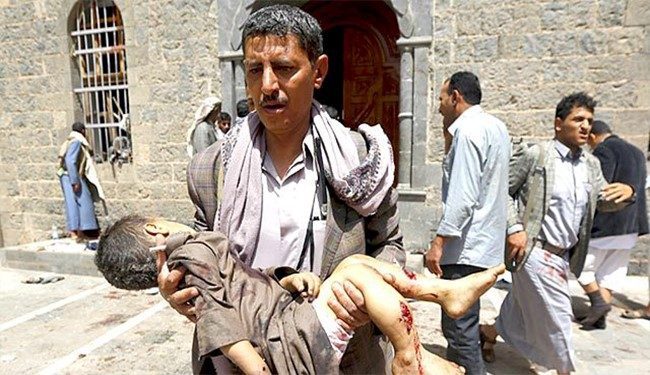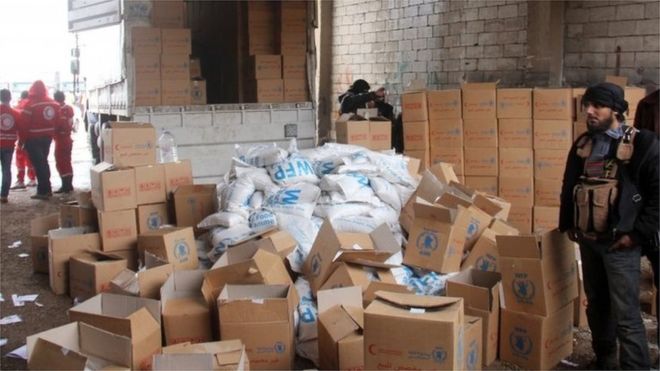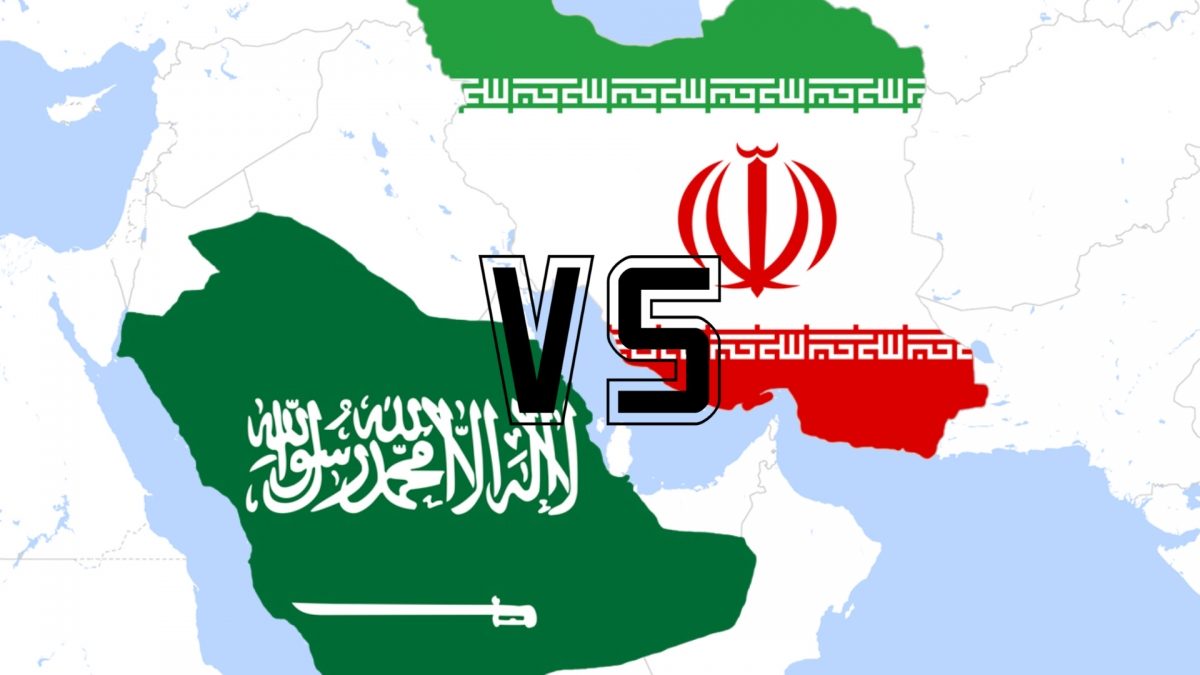
Amnesty International and Human Rights Watch called on the United Nations General Assembly on Wednesday to suspend Saudi Arabia from the U.N. Human Rights Council until a Saudi-led military coalition stops killing civilians in Yemen.
“Saudi Arabia has amassed an appalling record of violations in Yemen while a Human Rights Council member,” said Philippe Bolopion, deputy director for global advocacy at Human Rights Watch. “U.N. member countries should stand with Yemeni civilians and suspend Saudi Arabia immediately.”
Saudi Arabia is in its final year of a three-year term on the 47-member Human Rights Council.
The Saudi mission to the United Nations did not immediately respond to requests for comment.
A two-third majority vote by the 193-member U.N. General Assembly can suspend a state from the Geneva-based U.N. Human Rights Council for persistently committing gross and systematic violations of human rights during its membership.
A senior U.N. diplomat, speaking on condition of anonymity, said of the push to suspend Saudi Arabia: “I’m not anticipating that movement going anywhere.”
Read more: UN adds Saudi-led coalition to blacklist over violations in Yemen
Saudi campaign in Yemen
The Saudi-led coalition began a military campaign against Houthi militias in March 2015. It sides with the President Abd Rabbuh Mansur Hadi, while the Houthis are aligned with ousted President Ali Abdullah Saleh, who was ousted after Yemen revolution in 2012. The conflict has left nearly 4,300 dead since March, half of them civilians, according to UN figures.
The U.N. briefly blacklisted the Saudi coalition this month for killing children in Yemen. However, the ban was removed after U.N. Secretary-General Ban Ki-moon said he was under an unacceptable pressure.
Human Rights Watch and Amnesty International said they had documented 69 unlawful air strikes, some of which may amount to war crimes, in Yemen by the coalition in which at least 913 civilians were killed.
U.N. sanctions monitors said in January that the coalition had targeted civilians in Yemen and that some of the attacks could be crimes against humanity.
Sarah Leah Watson, head of Human Rights Watch’s Middle East and North Africa Division, said the United States may be complicit in war crimes because of targeting assistance the U.S. military is providing the Saudi-led coalition.
Read more: Saudi Arabia removed from UN blacklist for crimes against children
Unlawful attacks
human right activist, Lama Fakih, who is a senior crisis adviser at Amnesty International, said that her organization has called on a range of consequences against the Saudi-led coalition because of their “unlawful attacks.”
“We have seen for example attacks against schools rendering them unusable so that children have not been able to start the academic year. We’ve seen the Saudis also use a banned cluster munitions which act as landmines when they are left in civilian areas and are particularly problematic for children, who mistake them for toys and move them around and end up being causalities of this weapons,” Fakih said.
U.S. State Department spokesman Mark Toner declined to comment on the accusation or say how Washington might vote in any push to remove Saudi Arabia from the Human Rights Council.
“We continue to urge all sides in the conflict to protect civilians,” Toner told reporters.
The U.N. General Assembly has previously suspended a country from the Human Rights Council. In March 2011, the U.N. General Assembly unanimously suspended Libya because of violence against protesters by forces loyal to Libyan leader Muammar Gaddafi.



